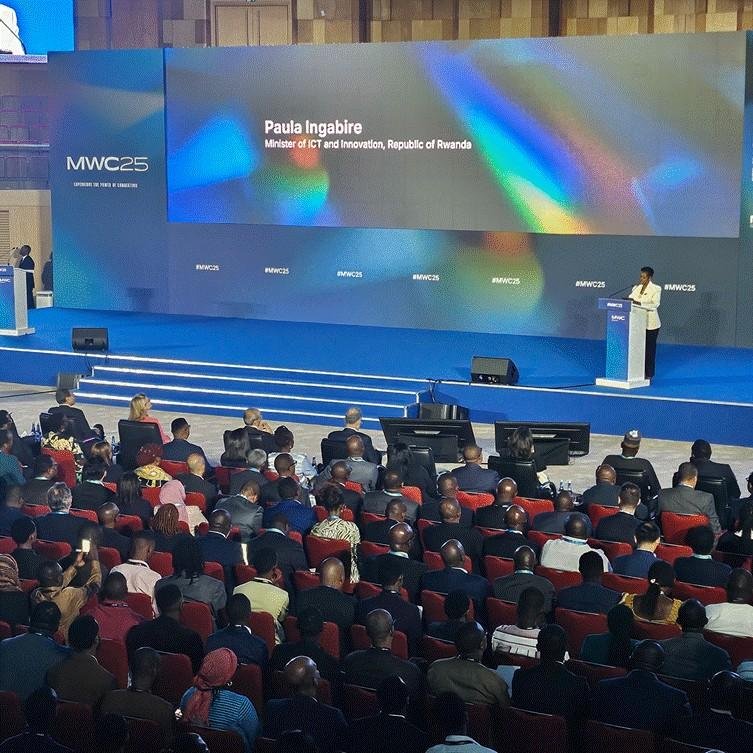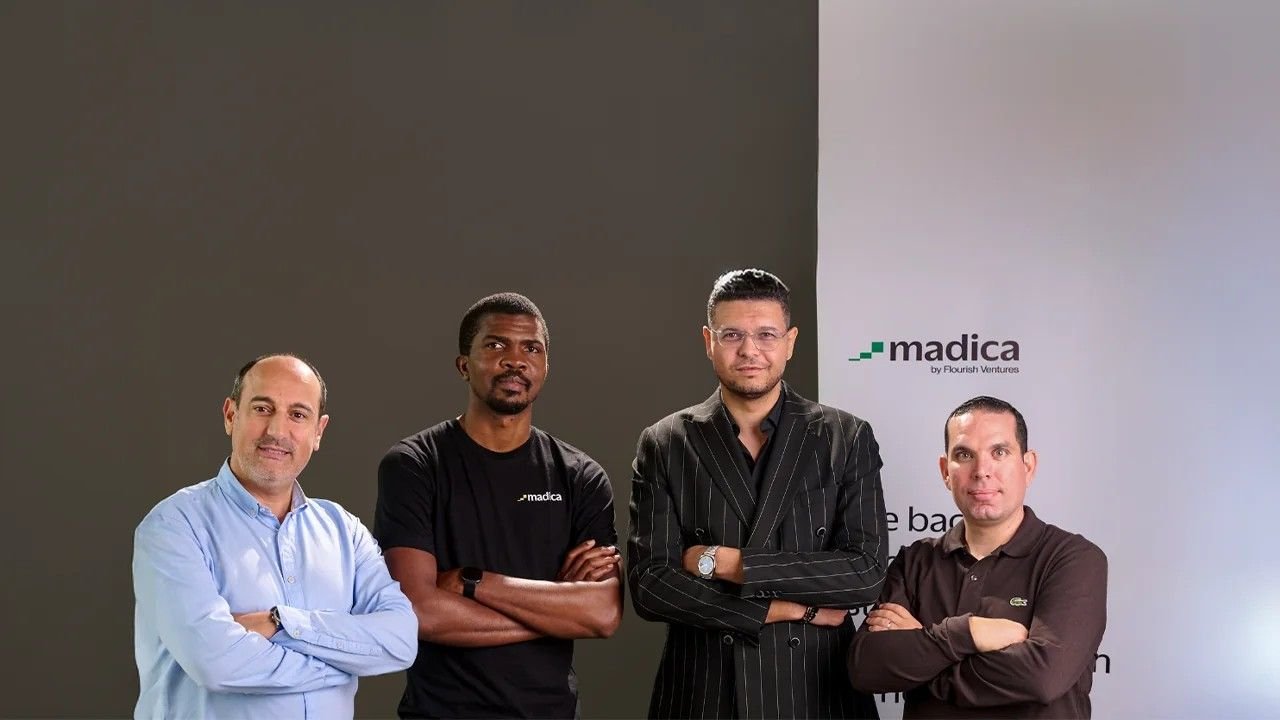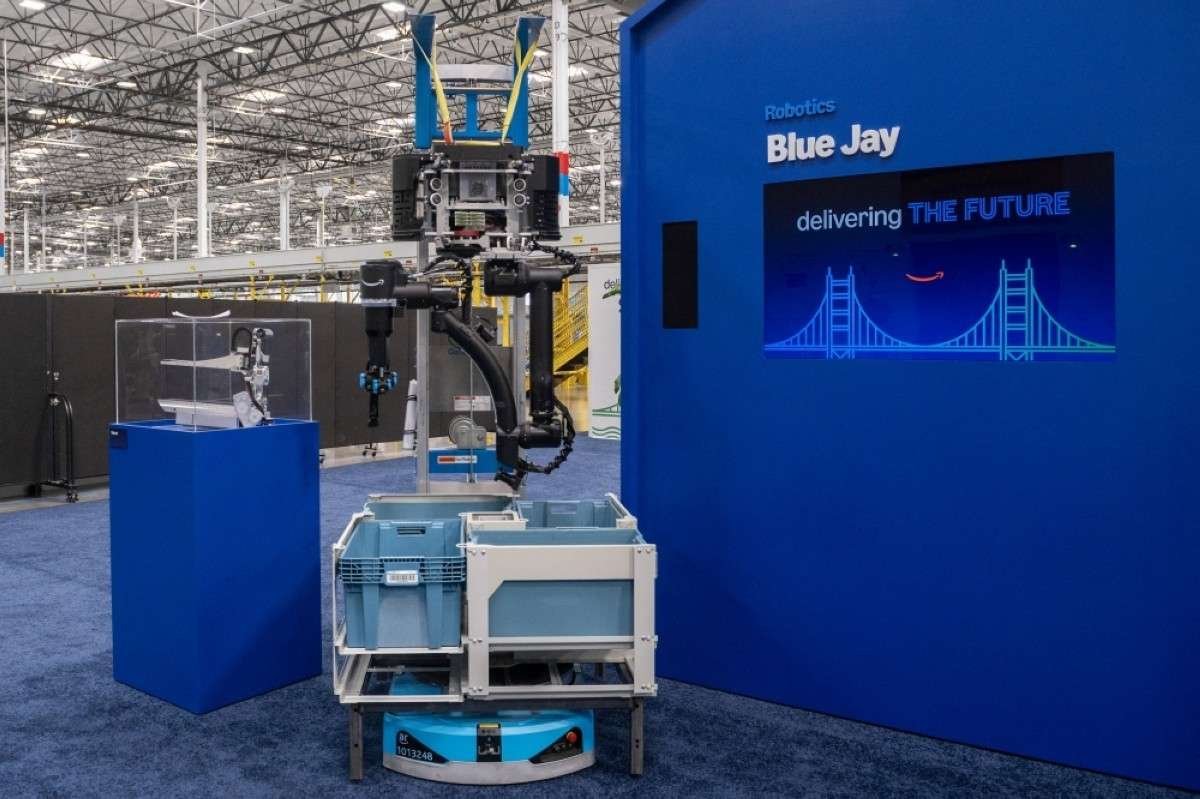Meta has unveiled its first standalone AI assistant app, aimed at competing directly with ChatGPT. The app offers users a direct path to the company’s generative AI models, allowing for personalized interactions via voice conversations. Meta CEO Mark Zuckerberg introduced the app in a video posted on Instagram, highlighting its potential as a “personal AI” that evolves over time based on user interactions.
The app leverages Meta’s vast social media ecosystem by incorporating a social feed, where users can see AI-generated posts from others. Chris Cox, Meta’s chief product officer, emphasized that users could share prompts and AI-generated content, turning the app into a platform for community-driven AI engagement.
Additionally, the app replaces Meta View as the companion app for Ray-Ban Meta smart glasses, allowing seamless conversations between the glasses, mobile app, and desktop interfaces. The voice interface, a primary focus of the app’s development, aims to provide a natural and intuitive user experience.
Meta has also added an experimental mode designed to make the AI engage in more human-like conversations, including interruptions and laughter, mimicking a phone call. However, the app currently doesn’t have the ability to search the web, limiting its scope to user-generated content. Users can also allow Meta AI to learn from their activity on Instagram and Facebook, with the option to retain personal details like names, birthdays, and other important information.
The release of this app comes amid growing competition in the AI space, with OpenAI’s ChatGPT remaining a leader in the field. Meta also highlighted the benefits of its Llama AI model at the LlamaCon developers’ event, showcasing its open-source approach, which allows developers to customize the software to meet their specific needs. This contrasts with OpenAI’s closed model, which keeps its underlying software private.
Meta’s open-source strategy gives developers the flexibility to combine the strengths of various AI models, potentially creating highly specialized solutions for different industries and use cases. Zuckerberg expressed confidence in the power of open-source AI, calling it a valuable tool for innovation and customization.















